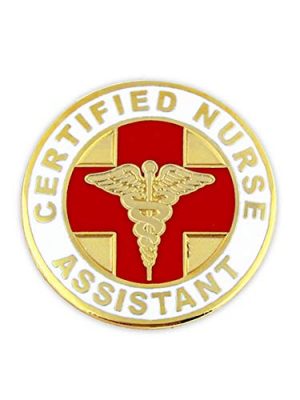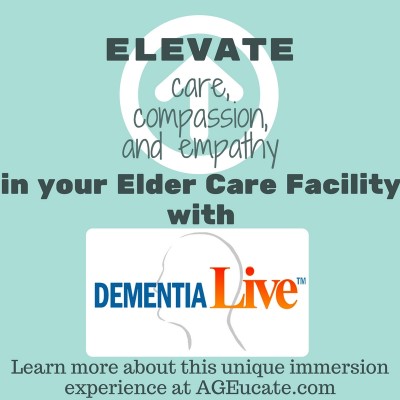 On the brink of a new decade, I contemplate what the next ten years will look like for the aging services industry. Reflecting on the past provides me some hope for the future. In some respects, we have come a long way. By the same token, we should maintain a future focus and continue to develop more strategies that support the quality of living of frail elders.
On the brink of a new decade, I contemplate what the next ten years will look like for the aging services industry. Reflecting on the past provides me some hope for the future. In some respects, we have come a long way. By the same token, we should maintain a future focus and continue to develop more strategies that support the quality of living of frail elders.
One future focus could be to equip our caregivers with best practice strategies to respond to resident behaviors utilizing therapeutic approaches.
We realized years ago that physical and chemical restraints weren’t the answer. The emergence of Compassionate Touch, Music & Memory, and Joy for All Companion Pets are best practice possibilities. All of these interventions provide a non-pharmacological approach to improving quality of life. Expressive touch, music, and pets to love address basic human needs of connection, inclusion, and purpose, to name a few.
A second future focus could be to educate our employees about the process of aging and dementia to demystify, normalize, and create an environment of understanding and acceptance.
Can we say that our caregivers understand the process of aging? In addition, do they comprehend and empathize with the struggle of living with memory loss and sensory changes? To that end, employee education creates empathetic caregivers, and that leads to better care. In the same way, this is also true for family members. More understanding leads to better care partners.
As one example, the educational program Dementia Live provides caregivers with an inside-out understanding of what it is like to live with dementia. It is a powerful experience for employees and family members.
Workforce
A third future focus could be to cultivate a revitalized workforce.
The workforce challenges that face the aging services industry seems overwhelming and hopeless. But keep this in mind, nurses did not take care of post-heart transplant patients twenty years ago in skilled nursing. We rose to the challenge. Nothing is impossible. Providers alone cannot entirely solve this problem. However, there are things to do that can get the ball rolling.
In conclusion, while the future may look daunting, consider how far we have come over the previous 10-20 years. Celebrate the evolution of an industry that was once “warehousing,” and face the future with boldness and ample self-care, we will need it.
 Julie has worked in Aging Services for over 30 years and has been a Licensed Nursing Home Administrator since 1990. She is a Certified Master Trainer with the AGE-u-cate Training Institute. Through her company Enlighten Eldercare, Julie provides training and educational programs on elder caregiving for family and professional caregivers. In addition, she is an instructor and the Interim Director of Gerontology at Northern Illinois University and lives in the Chicago Northwest Suburb of Mount Prospect, IL.
Julie has worked in Aging Services for over 30 years and has been a Licensed Nursing Home Administrator since 1990. She is a Certified Master Trainer with the AGE-u-cate Training Institute. Through her company Enlighten Eldercare, Julie provides training and educational programs on elder caregiving for family and professional caregivers. In addition, she is an instructor and the Interim Director of Gerontology at Northern Illinois University and lives in the Chicago Northwest Suburb of Mount Prospect, IL.


